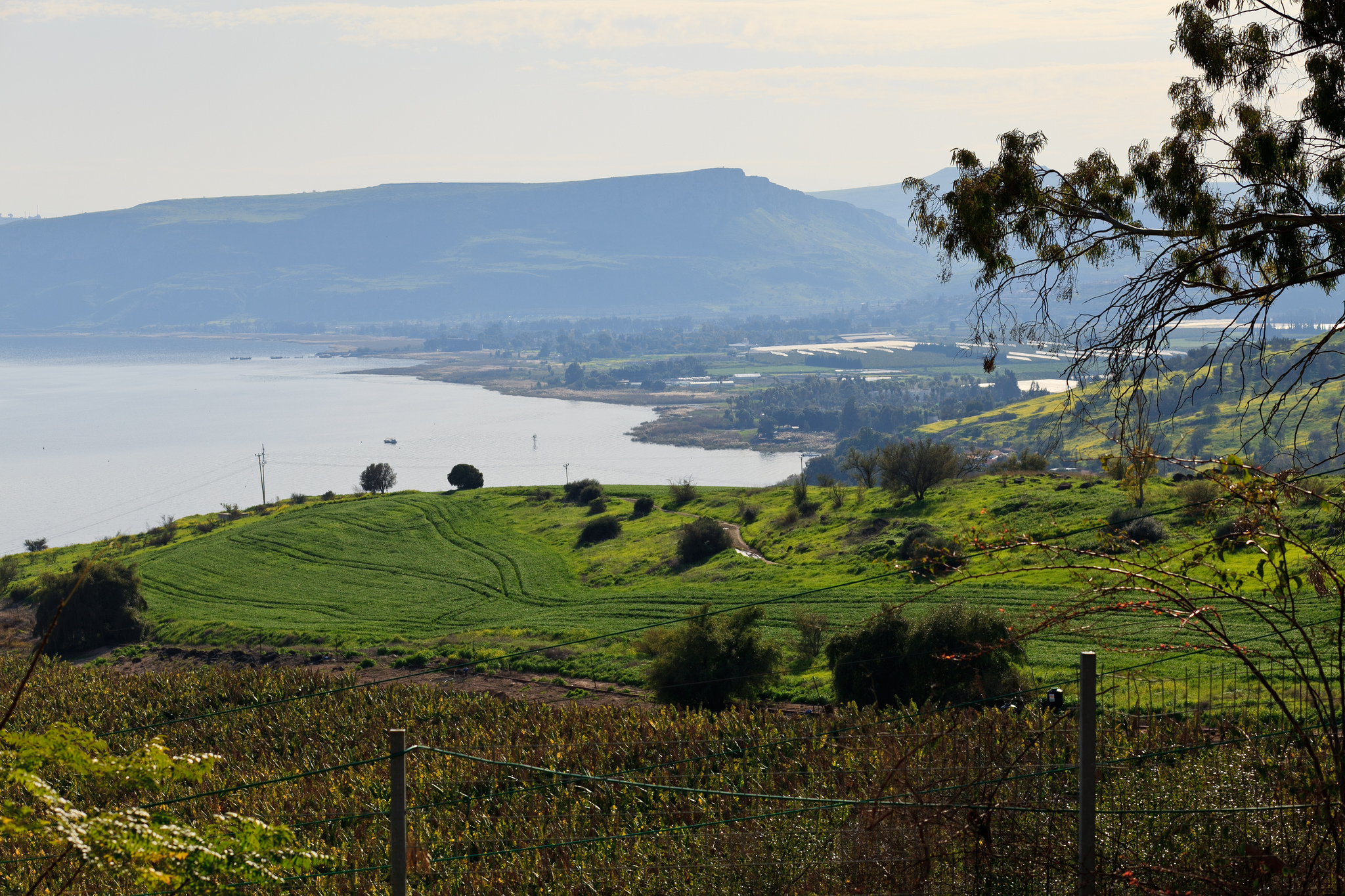The Power of Weakness
By Todd Deatherage
Photo by Kevin Rogers
In August, Israeli Prime Minister Benjamin Netanyahu traveled to the south of Israel to participate in a ceremony at the newly renamed Shimon Peres Negev Nuclear Research Center. He used the occasion to send a warning to Iran and others who might threaten Israel, saying “[O]ur enemies know very well what Israel is capable of doing. They are familiar with our policy. Whoever tries to hurt us – we hurt them.”
From these scripted remarks, the Prime Minister later shared this excerpt via his official Twitter account: “In the Middle East, and in many parts of the world, there is a simple truth: There is no place for the weak. The weak crumble, are slaughtered and are erased from history while the strong, for good or for ill, survive.”
I’ve been mulling this over ever since. Netanyahu’s reading of human history, and his own understanding of the Jewish experience in that larger story, have obviously led him to such a stark conclusion. And no doubt many would agree that, “for good or ill,” the weak are often slaughtered while the strong survive, and these things take place quite apart from abstract notions like justice or morality. Ironically, I once met a Palestinian lawyer who said virtually the same thing to me, though not in a tone of hubris or as a warning, but out of resignation and despair.
This is an understandable reading of the human experience, articulated in different ways by Thomas Hobbes and Charles Darwin, as well as more than a few 20th century ethno-nationalists. Given what we know and have experienced, both the meek and the mighty can easily conclude that survival is indeed only for the fittest. The weak have no advocate, no defender against those with more power and greater strength. Their only hope is to themselves become strong.
But throughout history, others have suggested a different way. In the Hebrew Scriptures, a Psalmist once wrote, “But the meek shall inherit the land and delight themselves in abundant peace.” Well-versed in the Psalms, Jesus of Nazareth echoed this in his famous Sermon on the Mount when he declares, “Blessed are the meek for they shall inherit the earth.”
For nearly ten years now, I’ve been doing the work of Telos alongside Greg Khalil. In an exchange with him about human weakness and vulnerability he gave me another insight rooted in academic theory and research. Greg noted the way in which weakness and vulnerability are actually part of our greatest strength as a species, telling me:
The fact that we need to take care of each other and coordinate is what enables us to dominate. This “perceived” weakness, and not the strength of brute force, is by every measure our greatest strength. It’s our collaborative capacity, which can be used for good and ill. But it should not be forgotten that it is this power–collaboration–that has enabled our species not just to survive, but thrive. And it is this collaborative instinct–actually necessity–which must be called upon to prevent us from annihilating ourselves.
There is obviously more than one way to arrive at the same place. Some believe in an ultimate triumph of justice. It was Martin Luther King, Jr. who said the arc of the moral universe bends toward it. Others lack confidence in human progress, in historical arcs, or in the religious belief in an ultimate day of reckoning, but have simply committed themselves to the idea that there are limits to what can be accomplished through displays of force and the exercise of violence. They believe that the rigorous pursuit of justice and mutuality are more solid foundations on which to build a secure future for themselves and for the larger world they live in.
Regardless of how we get there, we can agree that the weak must not submit themselves to slaughter, but neither are they fated to crumble, to suffer erasure from history. They have their own responsibilities, but those of us with power have our obligations, too. We are each called to defend the weak, to work for their flourishing, to do our part to make the world we live in more just.
The Middle East is indeed a tough neighborhood, as the Prime Minister says, but many there—Israelis, Palestinians, Iranians, Saudis and others–like many here in the U.S., would do well to consider something else Dr. King said:
The ultimate weakness of violence is that it is a descending spiral, begetting the very thing it seeks to destroy. Instead of diminishing evil, it multiplies it.
Through violence you may murder the liar, but you cannot murder the lie, nor establish the truth. Through violence you may murder the hater, but you do not murder hate. In fact, violence merely increases hate. So it goes. Returning violence for violence multiplies violence, adding deeper darkness to a night already devoid of stars. Darkness cannot drive out darkness: only light can do that. Hate cannot drive out hate: only love can do that.

